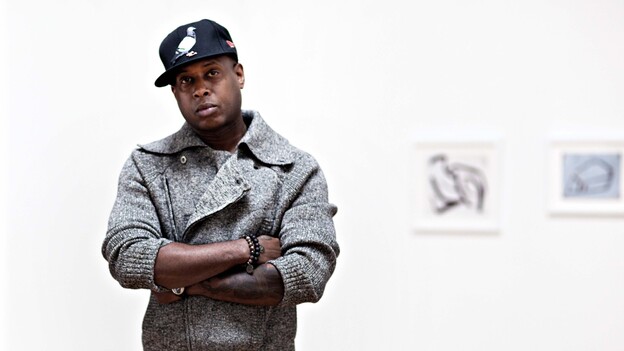-- Talib Kweli

Any critique of popular culture is sure to hit on hip-hop. Mainstream hip-hop, Talib Kweli says in this excellent interview on NPR, is about "Molly. Sex, drugs. We're in our rock 'n' roll phase, you know? Sex, drugs and party, party, party." The bling, the sex, the drugs ... if you're a mindful music listener, it takes effort to find hip-hop with a message you want to listen to over and over and over, even after you take the earphones off, even when you're sitting on the meditation cushion and a beat floats up into your consciousness. (You can note it and try to move on. Yeah, right.)
Kweli has always taken a broader view. With parents who are professors of English and sociology, he has the ideal background to be a "conscious rapper," the label that's stuck to him for almost 20 years. And that could make him an anachronism.
The best MCs in the world have always — when I first came in the business — always needed to have something conscious, something dealing with the community, something uplifting, something positive. Even if the majority of the content was negative, you had to have that. And that changed over time.So his challenge, which I submit is the the challenge we all face, is not how to be "better" than the others, but how to be relevant, fresh, in touch with what's happening culturally, and still conscious. How to share meaning, to have a positive effect, to uplift society, to be a lotus in a pit of greed, hatred, and delusion, showing other lotuses that it's possible?
How do you do it?
Read or listen to the interview. Listen to the songs. Contemplate.
(Conscious rap is "propelled by the conviction that radical social change comes through knowledge of self and personal discovery," according to this definition, which could also be the definition of certain strands of Buddhism.)
(I will say that I think Kweli's stereotyping Macklemore, whose songs critique consumerism, support gay marriage, and talk with painful honesty about addiction, which isn't just a white, suburban problem. So contemplate the preconceptions you may bring to hip-hop, positive or negative.)





